If you’re a high-achieving professional in your 50s or 60s, you may be asking a question that’s both exciting and unsettling:
What’s next for me and how do I make it meaningful and financially smart?
I coach executives and professionals who are stepping into an encore chapter, often after decades of success. And here’s something I’ve learned: reinvention isn’t just about choosing a new job or starting a business. It’s about rebuilding identity, designing a life that fits now, and creating income you can feel good about.
To support you at a high level, I don’t rely on willpower and late nights. I use a team of 19 AI assistants (including Claude, ChatGPT, CoachVox, Sintra, Whisper Flow, and Descript) to handle the behind-the-scenes work so our time together stays focused on what matters most: you.
This is not about replacing human coaching. It’s about giving you a coaching experience that’s more organized, more personalized, and more actionable.
What this means for you (the client)
When I use AI well, you get a better outcome, because I can spend less time on admin and more time helping you think clearly and move forward.
Here’s what you can expect.
1) More clarity, faster
You don’t need more information. You need the right structure.
My AI tools help me:
Capture your goals, constraints, and preferences clearly
Organize patterns I’m hearing across our conversations
Turn big, emotional questions into practical next steps
So instead of circling the same doubts for months, you build momentum.
2) A plan that feels personal, not generic
You’ve spent decades building expertise. Your encore path should reflect that.
I use tools like Claude and ChatGPT to help me explore multiple options quickly—then I apply my human judgment and coaching experience to shape what fits you.
That means:
More tailored ideas
Better language for your story and positioning
Clearer decisions about what to pursue (and what to ignore)
3) Your ideas captured, even when you’re busy
Many of my clients have their best insights while walking, traveling, or in the space between meetings.
With Whisper Flow, I can quickly capture and convert spoken insights into usable notes and next steps. The benefit for you: you don’t lose the good stuff.
4) Stronger follow-through between sessions
Reinvention doesn’t happen in a single conversation. It happens in the week after.
My systems help me:
Send clearer summaries and action steps
Provide templates and prompts so you’re not starting from scratch
Keep your progress organized so you can see what’s working
You stay focused, and you don’t have to hold everything in your head.
5) More value without inflating the price
Here’s the part most people don’t see.
To deliver this level of support, many coaches would need a bigger human team—and that cost gets passed on to clients.
Instead, I use a lean, modern setup: my AI team of 19 costs under $1,000/month. That helps me keep my business efficient and invest in the tools and systems that improve your experience—without turning coaching into a luxury reserved for a few.
A quick look at the tools (and what they do for you)
I’ll keep this simple. These tools are not the point—your results are.
Claude: helps me create clear frameworks and long-form guidance tailored to your situation
ChatGPT: helps me generate options, language, and fast drafts we can refine together
CoachVox: helps me keep my coaching approach consistent and aligned with my philosophy
Sintra: supports my workflow so your experience feels organized and responsive
Whisper Flow: turns voice notes into usable insights and action steps
Descript: helps me produce and repurpose audio/video content so you can learn in the format you prefer
What AI can’t do, and why that matters
AI can’t replace the most important parts of this work:
The ability to hold space for uncertainty
The discernment to challenge you at the right moment
The wisdom to help you separate fear from truth
The human connection that makes change sustainable
That’s my job.
AI simply makes it easier for me to show up prepared, present, and focused on you.
If you’re considering an encore chapter, START HERE!
If you’re feeling the pull toward something new, here’s a simple place to begin:
Identify what you’re no longer willing to do
Name what you want more of (impact, freedom, income, meaning)
Choose one small experiment you can run in the next 14 days
If you’d like a sounding board, I’m happy to help.
A Next Step
If you want, reply with:
What you’re leaving (or considering leaving)
What you want your encore chapter to feel like
The biggest decision you’re stuck on right now
I’ll share a few thoughtful next steps and a simple way to move forward.

















